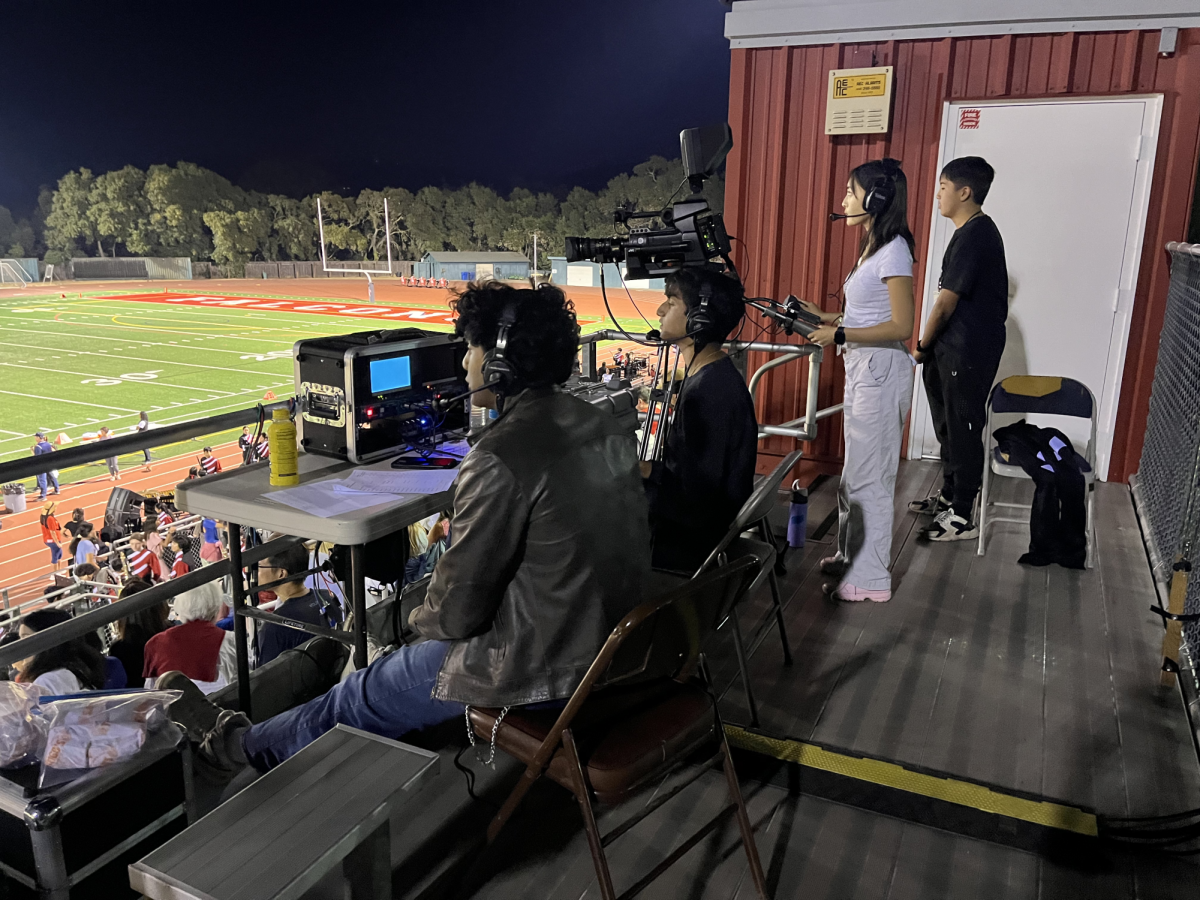As we tumble into 2016, new word memes have exploded across the Internet, sparking a heated debate over the evolution of language.
Some claim that online culture has spawned a new set of vocabulary that is slowly working to devolve the fragile English language. Others find no fault with the change, recognizing that these words, as ridiculous as they may seem, are a part of the natural evolution of language. Words like savage, basic and hella (a NorCal specialty) are indeed overused, but they’re an emblem of our generation’s culture and humor.
The haters of these words are pretty easy to spot. They often find Taylor Swift and her music to be irritating and basic, they likely deride BuzzFeed listicles daily and probably find themselves believing that they were born in the wrong era. Lighten up, folks. (Some people really have no chill.)
What they don’t realize is that Internet slang is fun and loose and the words hold no serious weight. It’s totally casual, makes for a funny Tumblr post and encompasses the hot and cold personality that much of the younger generation exhibits.
These words are indeed slowly redefining English, but why not embrace a little change and diversity? Take the word “literally,” for example. Literally used to mean “exact and in a literal sense,” but has been used incorrectly so many times that the Oxford English Dictionary has altered its definition to a term that is used for emphasis. I’m all for it: Intensify that figurative statement if you need to because exaggeration is amusing.
The word “bae” holds a particularly close spot to my heart because of its versatility. Often hated upon by archaic linguists, bae stands for “before anyone else” and is an excellent way of addressing people you like with an ironic nuance. “Lover” holds too much romantic connotation and “partner” is a creepy biological way of describing someone you may only simply like. “Honey” is probably the closest you can get to bae, but that term is reserved for your grandma’s vocabulary. Bae fills the void left open on the market, as it’s neither immensely intimate nor asinine.
“Savage” is another term that has been shaped by pop culture’s sway. A few years ago, it was a word that would be repetitively used to describe the boys from William Golding’s novel “Lord of the Flies.” Today, however, it’s used as a way to appreciate a particularly snappy or witty insult.
Still, certain modern words bring up issues regarding one’s authentic self. Apps such as Instagram, which has over 300 million users, can have a negative online influence on users. The word “goals,” for instance, has been thrown around by people envying attractive personalities they observe online. While seemingly creating a world of praise and self-improvement, “goals” only emphasizes the ill-conceived idea that social media is a realistic place to draw inspiration from.
Rather than worshiping perfect bodies and pretty clothing, the younger generation should be looking to find a stable career and graduating from college as “goals.” Although most Internet word trends are simply humorous and not to be taken seriously, young impressionable people should be aware that social media’s obsession with conventional beauty doesn’t portray realistic and feasible “goals.”
So to the haters: Embrace the generation you live in now, because there will likely be a completely new set of words by the time you’re old enough to judge the younger generation.
The ever-changing nature of the English language is interesting to trace. “Groovy” was a trendy term in the ‘70s, but in “Austin Powers: International Man of Mystery,” a film released in the late ‘90s, “groovy” was laughed at in theaters nationwide. Language evolves and maybe it isn’t such a bad thing.
Internet slang is silly, cute and harmless. It is not a symptom of the “death of language,” but rather the birth of something new and probably temporary. If you hate the trends that much, you can just not use them, but just know that you won’t be my bae and you definitely won’t be a part of my squad.




























